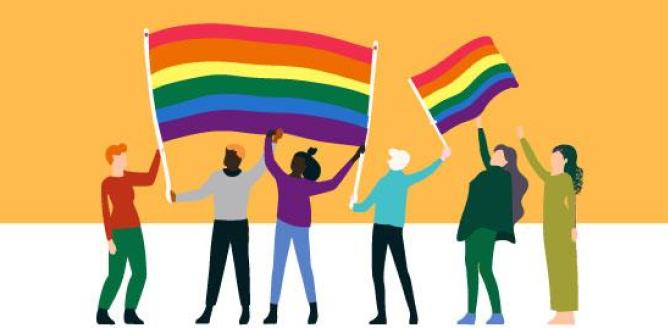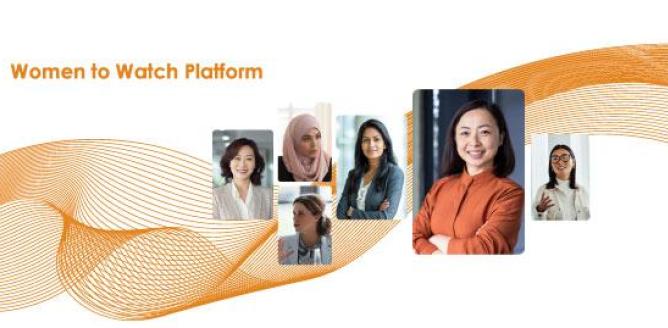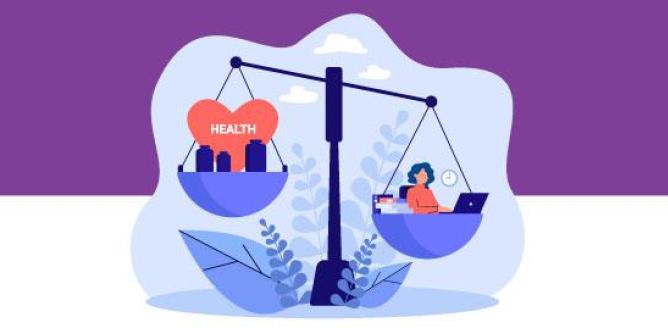June 1 marked the beginning of Pride Month, a time for us to uplift LGBTQ+ voices, recognise the vast challenges this community faces and take action for change. As part of this, we are taking a deeper look at the unique struggles that LGBTQ+ women face in the workplace.
Globally, we have seen slow but steady progress in promoting LGBTQ+ inclusive workplaces. Past UN initiatives have encouraged companies to work together to form an inclusive global economy, and the Hong Kong LGBTQ+ Inclusion Index is the first of its kind in Asia. Although recent progressive court rulings with workplace implications have been welcomed, there is still a lot of work to do in addressing the many challenges the LGBTQ+ community faces.
Homophobic, bi-phobic, and transphobic discrimination in the workplace affect the entire LGBTQ+ community but it comes in various forms and LGBTQ+ women face double discrimination due to gender and sexual orientation, sexualisation, and harmful stereotyping. In 2021, a study on workplace inequality within Hong Kong's financial services industry highlighted the negative effects of the glass ceiling that hinders many LGBTQ+ women's from fulfilling their full potential at work. The majority of respondents (78%) agreed or somewhat agreed that it is harder for lesbian and bisexual women to come out in the workplace than it is for their gay / bi male counterparts, and two-thirds agreed or somewhat agreed it’s difficult for lesbian and bisexual women to climb the corporate ladder. Whilst research in other industries is limited, it is likely that similar challenges exist across all industries, and is reflected in McKinsey’s global research on this topic. Additionally, emotional exhaustion and depressive symptoms are significantly higher in lesbian women (compared to gay men) who experience discrimination at work, adversely impacting in their career progression and contributing to burnout.
Beyond the moral imperative, advancing LGBTQ+ inclusion provides many benefits to employers. Studies show that companies who score higher on the Corporate Equality Index (a measure of LGBTQ+ inclusivity) report higher stock prices and better brand reputation. Companies benefit from a broader talent pool and enhanced market insights, driving overall growth and success. And it’s the type of employer that attracts talent -- employees increasingly choose to work for companies that value diversity, equity and inclusion.
Here at TWF, we recognise the significance of addressing the intersectional challenges faced by the LGBTQ+ community, in particular, women who identify as LGBTQ+. We also acknowledge that the experiences of LGBTQ+ women are not monolithic and the overlap with other marginalised identities is complex. Gender equality cannot be achieved without also including LGBTQ+ community. Our Mentoring Programme and Male Allies Programme utilises an inclusive leadership curriculum that applies a gender lens to allyship, and hones tools to support LGBTQ+ inclusion and beyond.
Creating a healthy work culture that fosters the full inclusion of all employees is vital, and now is the time to act. Educate: offer diversity and inclusion training programmes to familiarise employees with LGBTQ+ issues. Support: establish affinity groups specifically catered towards LGBTQ+ employees to ensure a safe space for connection, assistance, and mentorship opportunities. Engage: partner with local LGBTQ+ community organisations to support growing initiatives and gain a better understanding of the needs facing the LGBTQ+ community. This month, we can all commit to meaningful actions that further diversity, equality and inclusion at our workplaces.
Get in touch at Fiona.Nott@twfhk.org.





















